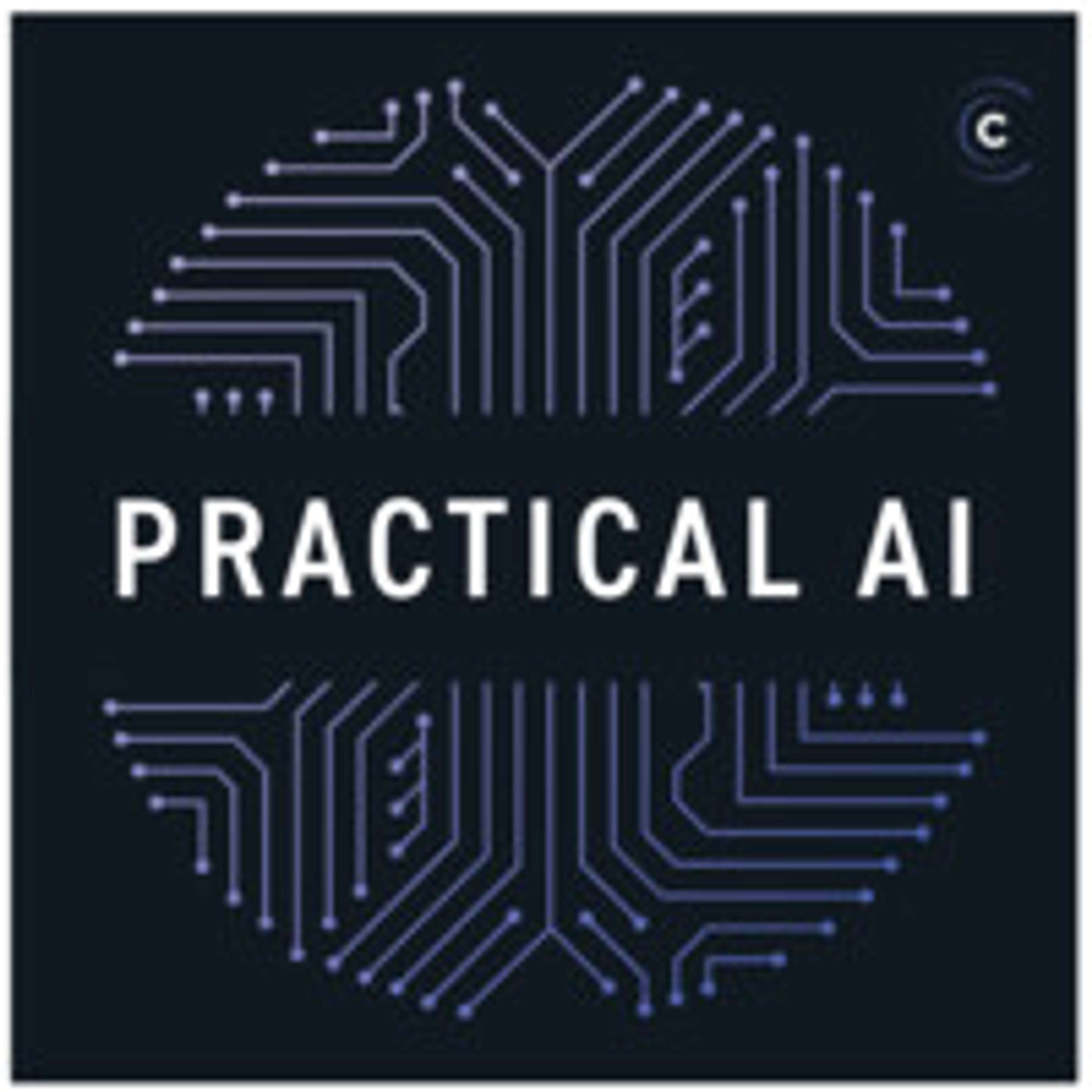
🤖 AI Summary
Overview
This episode explores the transformative potential of AI-driven coding agents, focusing on their impact on developer workflows, the challenges of integrating AI into large codebases, and the open-source philosophy behind All Hands AI. Guests Robert Brennan and Graham Neubig share insights into their work on All Hands AI, an open-source agentic coding tool, and discuss the future of software development in an AI-powered world.
Notable Quotes
- I feel like a wizard again. I can get so much done using large language models and agents.
– Robert Brennan, on the transformative power of AI for developers.
- Software is not the end; it's a means to an end. AI's potential to improve the human condition will come through software.
– Graham Neubig, on the broader impact of AI-driven tools.
- You still need all the same code quality controls as before the age of AI—if not more.
– Robert Brennan, on maintaining standards in AI-assisted development.
🧑💻 The Evolution of AI in Developer Workflows
- Robert Brennan explains the spectrum of AI tools: from rapid prototyping tools for non-coders to advanced agentic tools for senior developers working on production-grade codebases.
- Agentic workflows allow developers to delegate tasks to AI agents, which can autonomously iterate on problems, reducing manual back-and-forth.
- Graham Neubig highlights the shift from multiple specialized agents to a single, versatile agent capable of handling diverse tasks by dynamically pulling in tools and prompts.
🛠️ Challenges in Large Codebases and AI Integration
- AI tools excel in greenfield projects but face challenges in maintaining and navigating large, existing codebases.
- Graham Neubig emphasizes the importance of models that can edit files accurately, identify relevant files, and avoid repetitive failure loops.
- Effective integration requires robust testing, context awareness, and adherence to company-specific coding styles.
🌐 Open Source Philosophy and Community Building
- All Hands AI is committed to open source, enabling developers to participate in shaping the future of software development.
- Graham Neubig notes that open-source agent frameworks can rival closed systems by leveraging academic and community contributions.
- The platform offers both self-hosted and cloud-hosted options, catering to security-conscious enterprises and individual developers alike.
💡 Building and Customizing AI Models
- All Hands AI has begun developing its own models to reduce reliance on expensive, closed APIs and to enable fine-tuning for specific use cases.
- Robert Brennan describes a model designed to assess whether an agent is on track or needs to adjust its approach, enhancing efficiency and accuracy.
- Customizable models allow enterprises to tailor AI tools to their unique workflows and programming languages.
🚀 The Future of AI-Driven Development
- Robert Brennan envisions AI democratizing software creation, empowering non-developers to bring their ideas to life while rethinking infrastructure to support this shift.
- Graham Neubig sees AI as a catalyst for advancing human progress by making software development more accessible and impactful.
- Both emphasize the importance of balancing innovation with robust quality controls to ensure sustainable growth in AI-assisted development.
AI-generated content may not be accurate or complete and should not be relied upon as a sole source of truth.
📋 Episode Description
Vibe coding, agentic workflows, and AI-assisted pull requests? In this episode, Daniel and Chris chat with Robert Brennan and Graham Neubig of All Hands AI about how AI is transforming software development—from senior engineer productivity to open source agents that address GitHub issues. They dive into trust, tooling, collaboration, and what it means to build software in the era of AI agents. Whether you're coding from your laptop or your phone on a morning walk, the future is hands-free (and All Hands).
Featuring:
- Robert Brennan – LinkedIn, X
- Graham Neubig – LinkedIn, X
- Chris Benson – Website, GitHub, LinkedIn, X
- Daniel Whitenack – Website, GitHub, X
Links:
